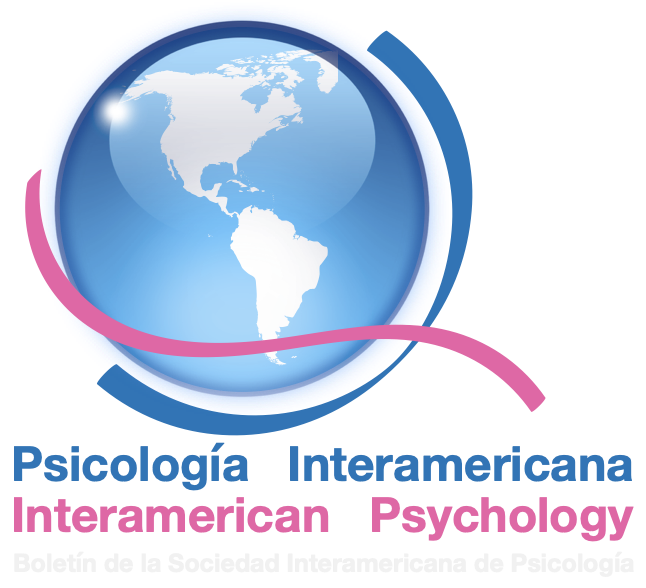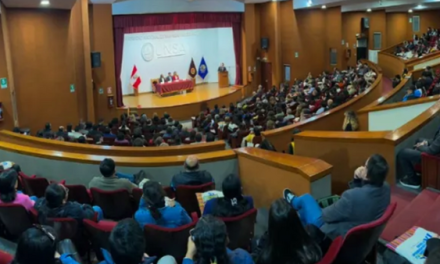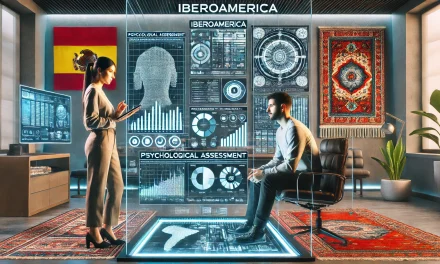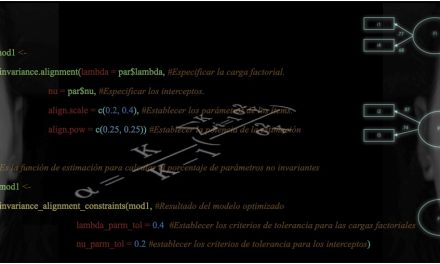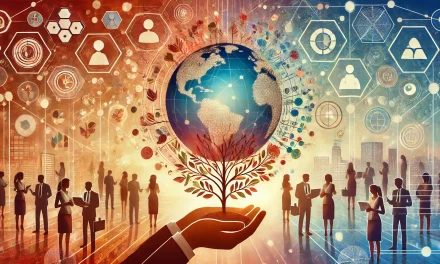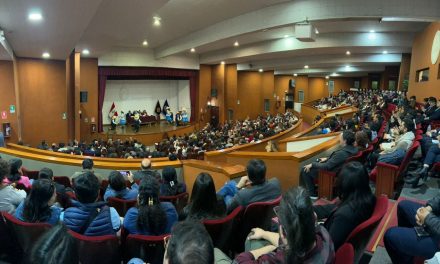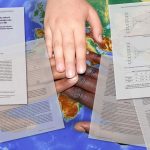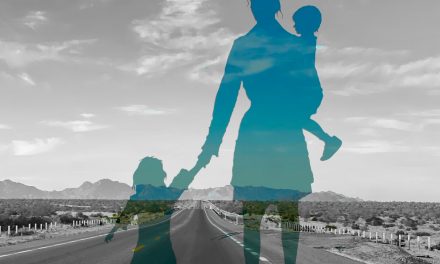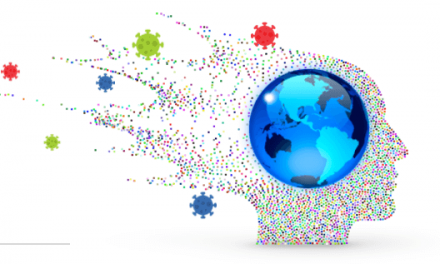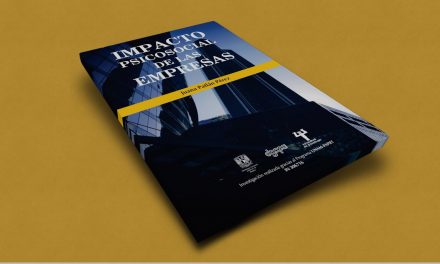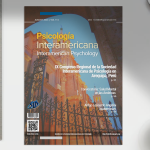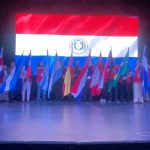
Venezuelan Migration: challenges and ideas to facilitate the process
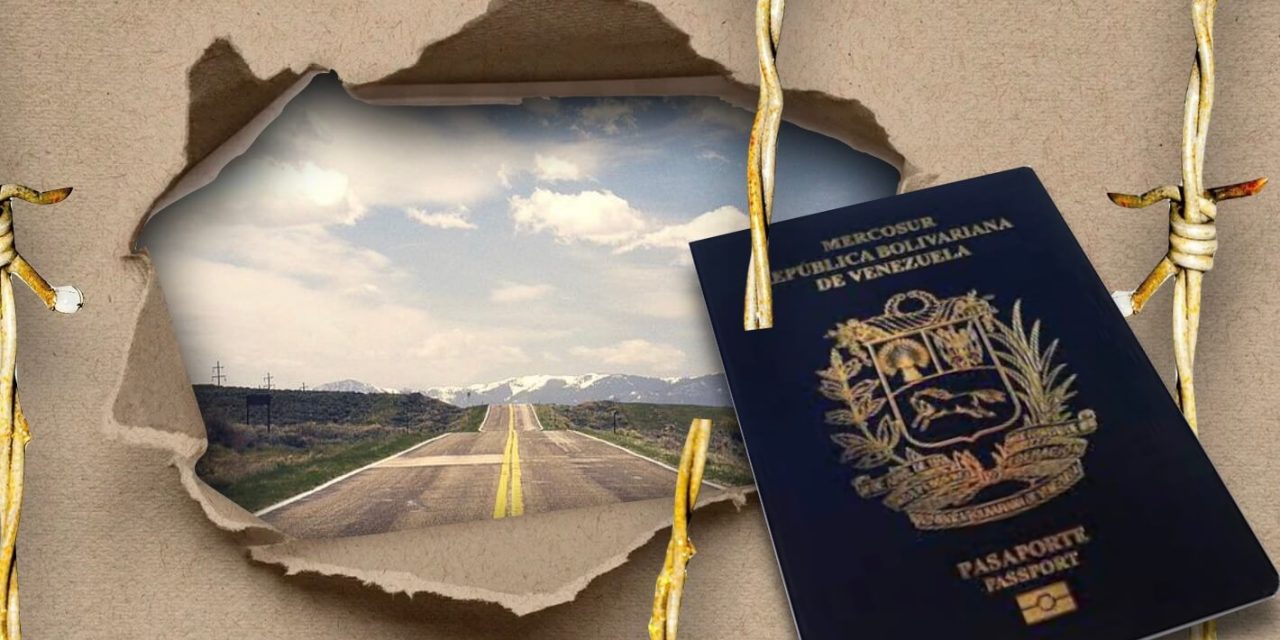
Author: Olimpia Petzold Rodríguez *
Venezuelan migration has become one of the most significant population movements in recent history. More than 6 million Venezuelans have migrated from the country, of which around 5 million are in Latin America and the Caribbean (Plataforma de Coordinación Interagencia para Refugiados y Migrantes de Venezuela, 2022).
When describing the profile of Venezuelan emigrants, one can observe that those who moved to the countries closest to Venezuela tend to have a lower level of education compared to those who have migrated to more distant countries, being younger and single. For their part, those who moved to more distant lands, located in the South of Latin America, show to be older and their level of education includes a university degree or master’s degree (IOM. UN Migration, 2020).
The vast majority of Venezuelans, who left their country searching for better living conditions, migrated, leaving their goods in the country and some even their families, hoping to find a better quality of life.
The migratory process is unique, personal, and lived differently by those who experience it. This experience will be influenced by factors such as the causes that led to leaving the country, how they were carried out, age, the financial and social resources available, and the way of perceiving everything that the migratory process implies.
This significant mobilization of Venezuelan citizens has produced a series of consequences from the biopsychosocial point of view, thus impacting their lives.
Below are some of the challenges that Venezuelans may face due to having left their country of origin.
- Financial impact: this affect the level of satisfaction of basic needs, such as a healthy diet, home, access to health care, and psychological support.
- Cognitive impact: it implies restructuring the way of thinking, as well as learning a new way of relating to the world, in some cases even learning a new language.
- Emotional impact: leaving Venezuela is also accompanied by separation from loved ones who remain in the country, including family and friends. This separation may be accompanied by a process of migratory grief, where emotions such as sadness, separation anxiety, and anger will stand out.
- Social Impact: this requires a behavioral/social readjustment and adaptation to the new culture and social norms to be accepted and integrated into the new group.
Given these challenges, some suggestions are offered below to facilitate this migration process.
- Understand that migration to another country is a process, where change is an essential factor and time is a positive element. Understand this as a personal and unique process, where each person’s experience is different.
- Observe this process with compassion and self-respect, considering that the decisions taken at a certain time were the best possible at that moment, while also keeping in mind that there is the possibility of changing that decision again in the future. Don’t judge your decision to immigrate based on what others say or do.
- The perception of the migration journey has a significant impact on emotions, which, in turn, on actions. Thus, openness to the new experience, new possibilities, and learning of the new culture, accompanied by a positive visualization to facilitate adaptation, is essential.
- Experiencing the emotions that may arise since blocking or denying them can complicate the migratory grieving process.
- Consider difficult moments as learning.
- Establish networks in the areas/places/organizations that are more in tune with the person’s values, hobbies, and ideologies, such as churches, sports clubs, and social and cultural organizations.
- Find organizations that support immigrants.
- Strengthen ties with people who remained in their country of origin using calls, video calls, and chats.
There is a joint effort by the United Nations Organization and organizations worldwide, especially in Latin America, to facilitate the integration of Venezuelans to the countries where they have migrated through policies and actions that protect their education, health, and psychosocial well-being (IPC-IG, UNICEF LACRO, and WFP, 2021). This work implies the collaboration of both Venezuelans, respecting the norms and culture of the countries to which they adhere, as well as the citizens of origin of each country, keeping in mind that respect for human rights is universal and that to the extent that solidarity prevails, we work for not only a better society but for a better world.
Referencias
IPC-IG, UNICEF LACRO y WFP. (2021). Protección social y la migración venezolana en América Latina y el Caribe en el contexto de COVID-19 . Brasilia y Ciudad de Panama: Centro Internacional de Políticas para el Crecimiento Inclusivo,Fondo de las Naciones Unidas para la Infancia — Oficina Regional para América Latina y el Caribe y Programa Mundial de Alimentos.
OIM. ONU Migracion . (2020, 8, 20). Retrieved from OIM: https://www.iom.int/es/news/el-perfil-de-los-refugiados-y-migrantes-de-venezuela-en-america-latina-y-el-caribe-revela-variaciones-de-pais-pais-en-sus-caracteristicas-y-experiencias
Plataforma de Coordinacion Interagencial para Refugiados y Migrantes de Venezuela. (2022, 04 , 21). R4V Plataforma Regional. Retrieved from R4V Plataforma Regional: https://www.r4v.info/es/regional
*Olimpia Petzold Rodríguez is the Venezuelan National Delegate to the Interamerican Society of Psychology 2021-2023. She is a professor of psychology at Lone Star College, USA. Coordinator of the Healing Art program at CANOPY, Cancer Survivorship Center at Memorial Hermann Hospital, USA.
doi: 10.30849/psinteram110 | Download PDF version.
